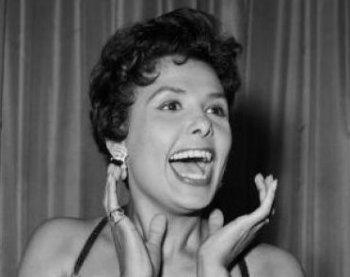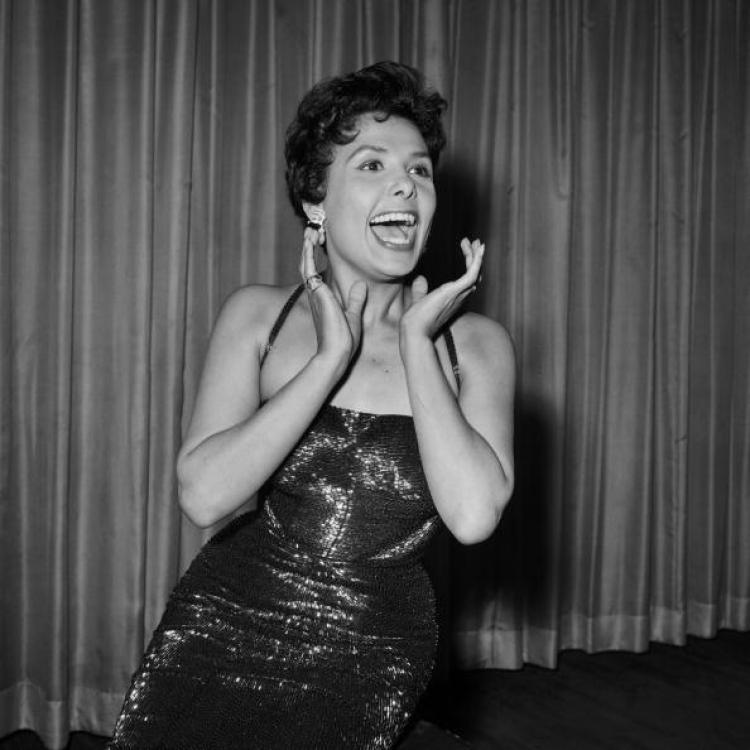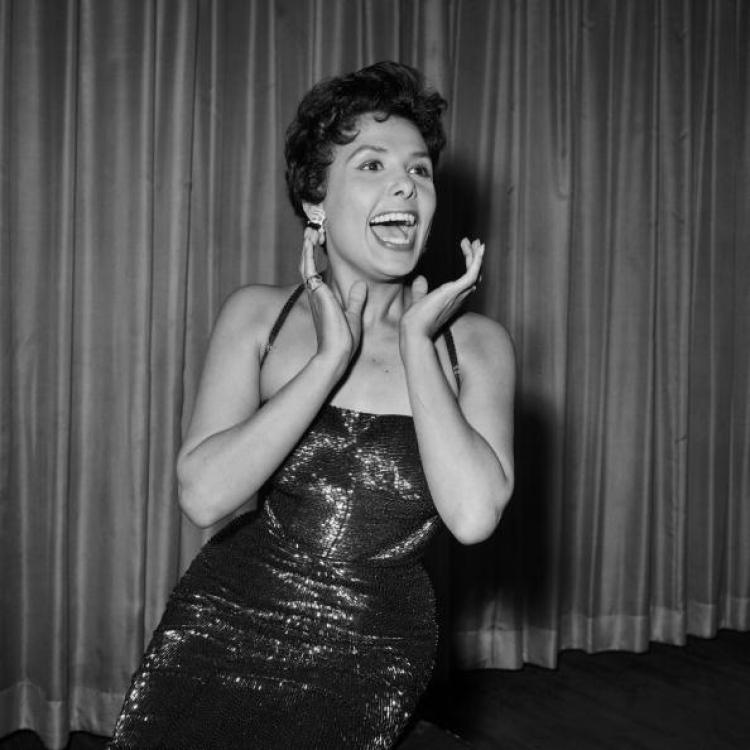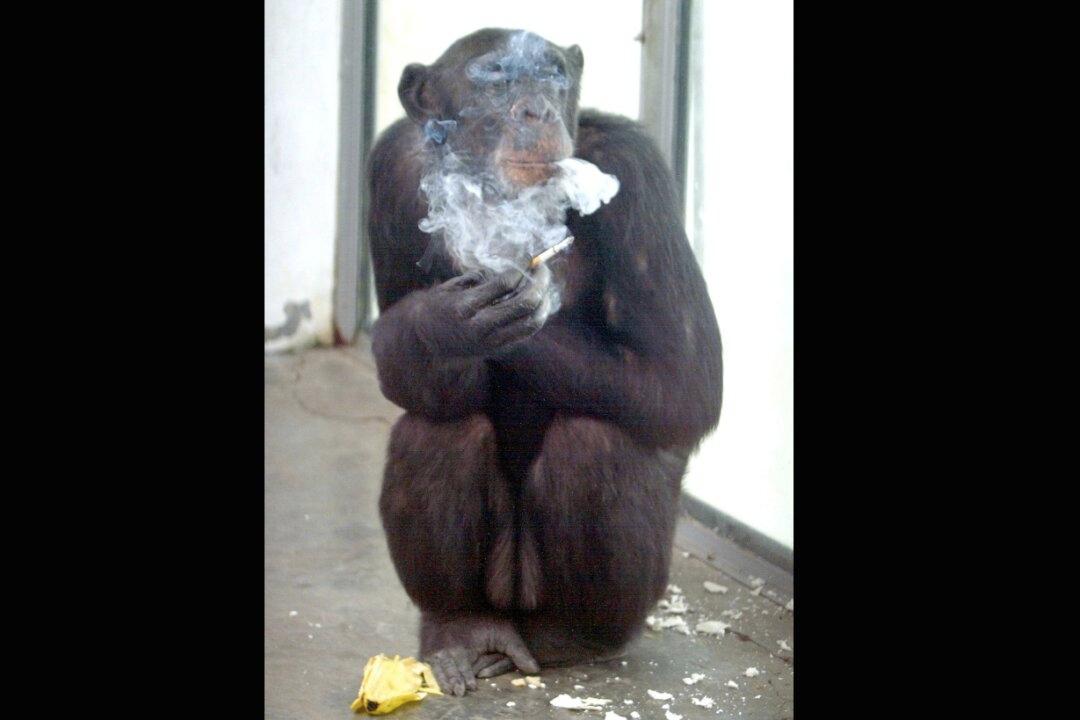Lena Horne: The Passing of a Legend
Lena Horne, visionary Grammy Award-winning singer and Tony Award-winning actress, has died in Manhattan. She was 92.

Lena Horne, born Lena Mary Calhoun Horne in 1917 in New York, US actress and Jazz singer. Here she is pictured in the 1950's. She died Sunday at age 92. -/AFP/Getty Images
|Updated:





